Criticism of others is futile and if you indulge in it often you should be warned that it can be fatal to your career
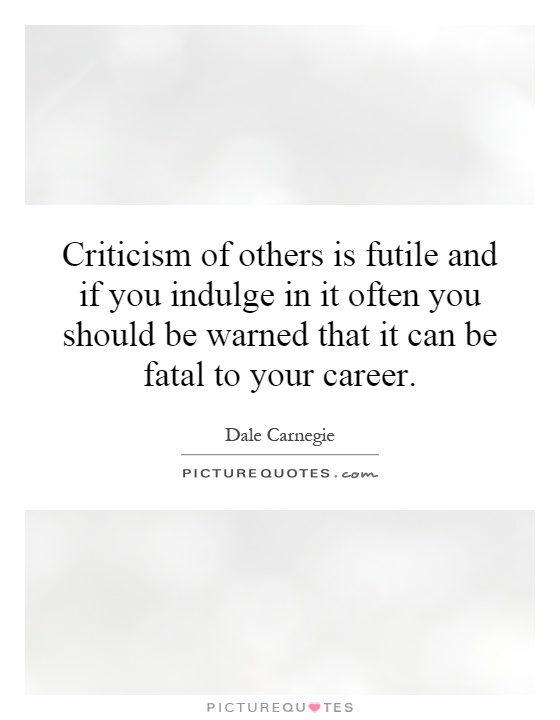
Criticism of others is futile and if you indulge in it often you should be warned that it can be fatal to your career
Dale Carnegie, the renowned author of the self-help classic "How to Win Friends and Influence People," believed strongly in the power of positivity and the detrimental effects of criticism. In his book, Carnegie emphasizes the importance of building strong relationships and fostering a positive environment in both personal and professional settings. He argues that criticism of others is not only futile but can also be harmful to one's career and overall success.Carnegie believed that criticism is often counterproductive and can damage relationships and hinder progress. He argued that instead of focusing on the faults and shortcomings of others, it is more beneficial to offer constructive feedback and support. By approaching others with empathy and understanding, Carnegie believed that individuals could build trust and rapport, leading to more effective communication and collaboration.
In the context of one's career, Carnegie warned that indulging in criticism can have serious consequences. Constantly criticizing others can create a toxic work environment, leading to low morale, decreased productivity, and ultimately, a negative impact on one's professional reputation. Employers are more likely to value employees who are able to work well with others, offer support and encouragement, and foster a positive and collaborative work environment.
Furthermore, Carnegie believed that criticism often reflects more on the criticizer than the person being criticized. Those who are quick to criticize others may be perceived as negative, judgmental, and lacking in empathy. This can damage one's reputation and hinder career advancement opportunities.

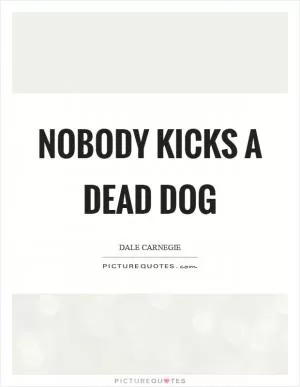
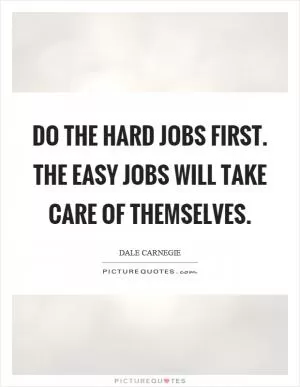

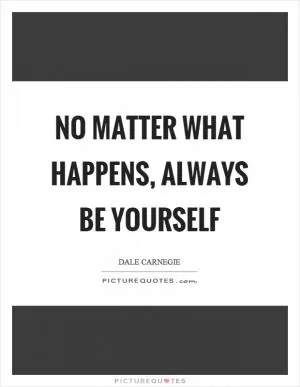
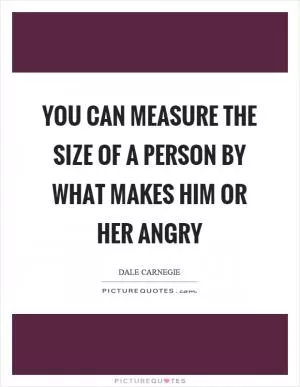
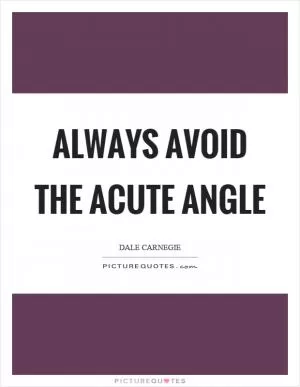




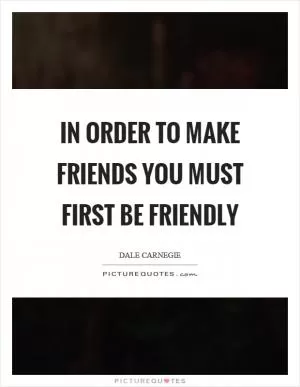
 Friendship Quotes
Friendship Quotes Love Quotes
Love Quotes Life Quotes
Life Quotes Funny Quotes
Funny Quotes Motivational Quotes
Motivational Quotes Inspirational Quotes
Inspirational Quotes